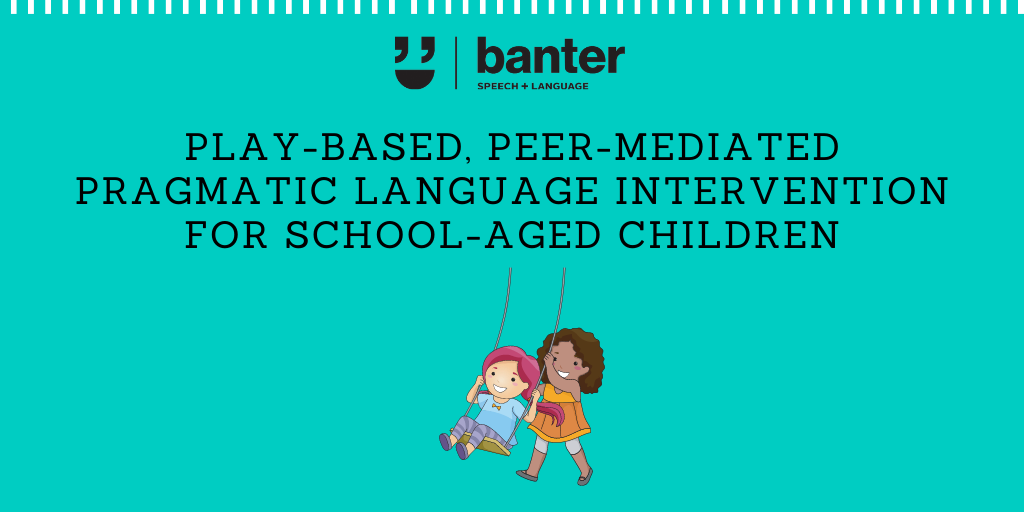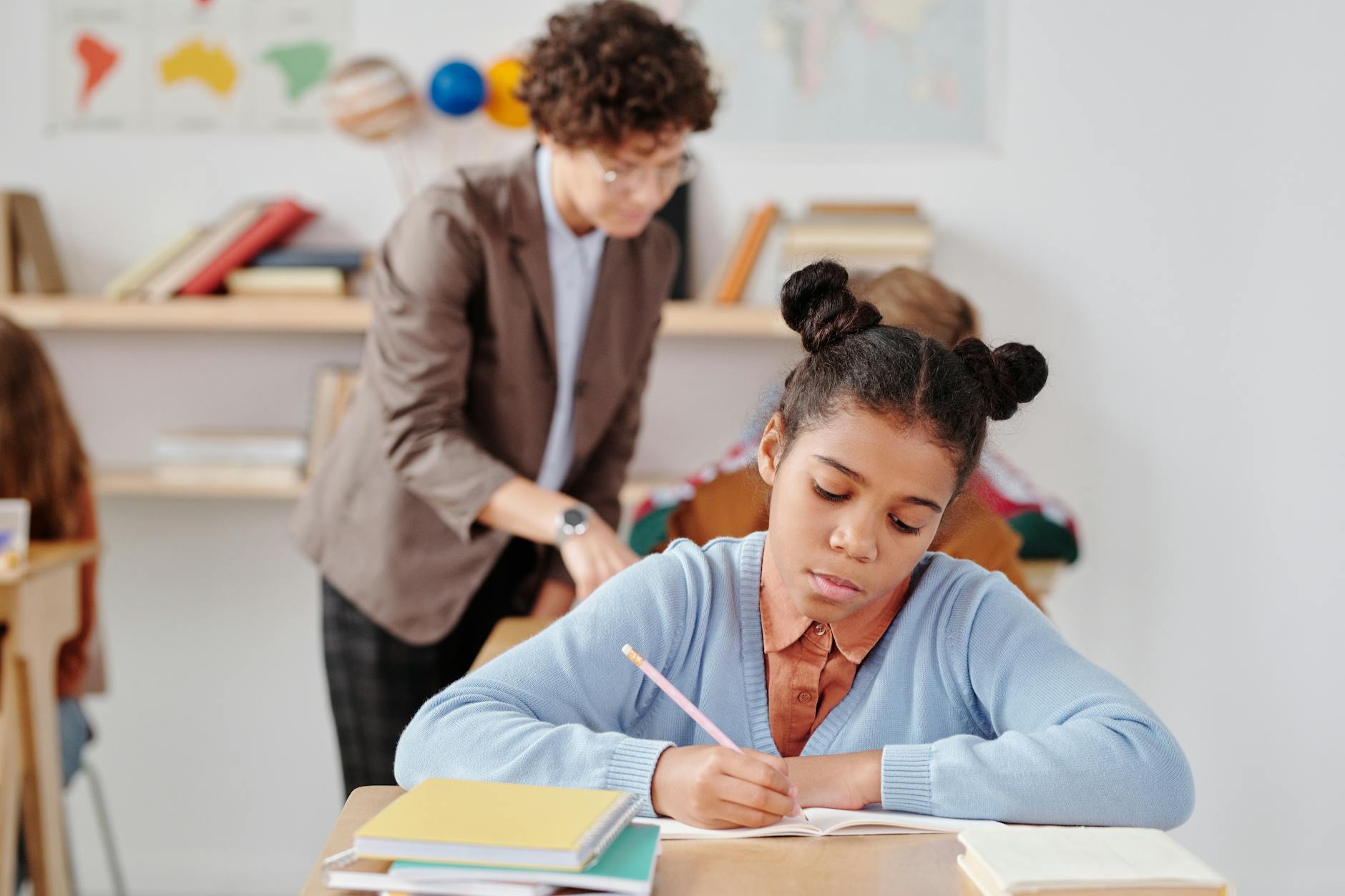Play-based, peer-mediated pragmatic language intervention for school-aged children
Too many pragmatic language therapies focus on teaching individual skills with structured practice. But pragmatic language is about using social skills out in the real world.
This week, Cherie Finocchiaro and David Kinnane join forces to review a promising play-based, peer-mediated intervention for children (aged 6-11 years) that focuses on capacity AND performance.
We can’t wait to give it a go!

- We want all children to have friends. But too many school-aged children with pragmatic language difficulties – including many children with Autism Spectrum Disorder (ASD) and/or Attention-Deficit/Hyperactivity Disorder (ADHD) – don’t have any close friends and are lonely.
- Lots of pragmatic language interventions for school-aged children are about building kids’ capacity to use different social skills. Examples include computer- and manual-based ‘social skills training’ programs with structured activities like role play and worksheets.
- But pragmatic language is about performing language tasks in real life social interactions. Many kids learn social principles in the clinic, but have difficulties using them ‘in the moment’, e.g at home, at school, and in sports.
- Pragmatic language interventions should focus both on practical knowledge and how to use language in real social situations.
- A new intervention for 6-11 year olds seeks to to do this in child-led, free play interactions between a client with pragmatic language difficulties and a typically developing peer of a similar age (e.g. a sibling, cousin, or friend).
- The child is assessed with an instrument called the ‘POM-2’. Goals are then selected from a “menu” of pragmatic language behaviours (outlined earlier in this series).
- Intervention includes:
- 10, weekly in-clinic sessions: with self-modelling through video-feedback and -feed-forward, peer- and therapist modelling – all in the context of child-led play and therapist/parent discussions; and
- home practice: 10 manualised modules with videos, weekly ‘play-dates’ with the peer between clinic sessions, and feedback/discussions with parents.
- Randomised controlled trials show the treatment is effective in improving the pragmatic language performance of both children with pragmatic language difficulties (including children with ASD or ADHD) and their typically developing peers. Gains are maintained in the clinic/home for at least a short time afterwards. (We don’t know yet whether gains transfer to school or play with other friends.)
Principal sources:
(1) Parsons, L., Cordier, R., Munro, N. and Joosten, A. (2019). A Randomized Controlled Trial of a Play-Based, Peer-Mediated Pragmatic Language Intervention for Children With Autism. Front. Psychol. 10:1960. doi: 10.3389/fpsyg.2019.01960;
(2) Wilkes-Gillan, S., Bundy, A., Cordier, R., Lincoln, M. and Chen, Y-W. (2016). A Randomised Controlled Trial of a Play-Based Intervention to Improve the Social Play Skills of Children with Attention Deficit Hyperactivity Disorder (ADHD). PLoS ONE 11(8): e0160558. doi:10.1371/journal.pone.0160558; and
(3) Parsons, L., Cordier, R., Munro, N. and Joosten, A. Peer’s pragmatic language outcomes following a peer-mediated intervention for children with autism: A randomised controlled trial, Research in Developmental Disabilities. 99 (2020) 103591 (forthcoming).
Related infographics:
- What is ‘pragmatic language’? The social use of language
- Pragmatic language for 5-11 year-olds includes (at least) 27 observable behaviours
- Key behaviours to look for in the pragmatic (social) language development of children aged 0-5 years
- Helping Children with Pragmatic (Social) Language Challenges. Some Evidence-based Themes
- 5 tips for using video self-modelling to improve pragmatic language skills
- Planning a play date for your child during the school holidays?
- Project-based Pragmatic Language Interventions: The SENSE Theatre

Hi there, I’m David Kinnane.
Principal Speech Pathologist, Banter Speech & Language
Our talented team of certified practising speech pathologists provide unhurried, personalised and evidence-based speech pathology care to children and adults in the Inner West of Sydney and beyond, both in our clinic and via telehealth.








